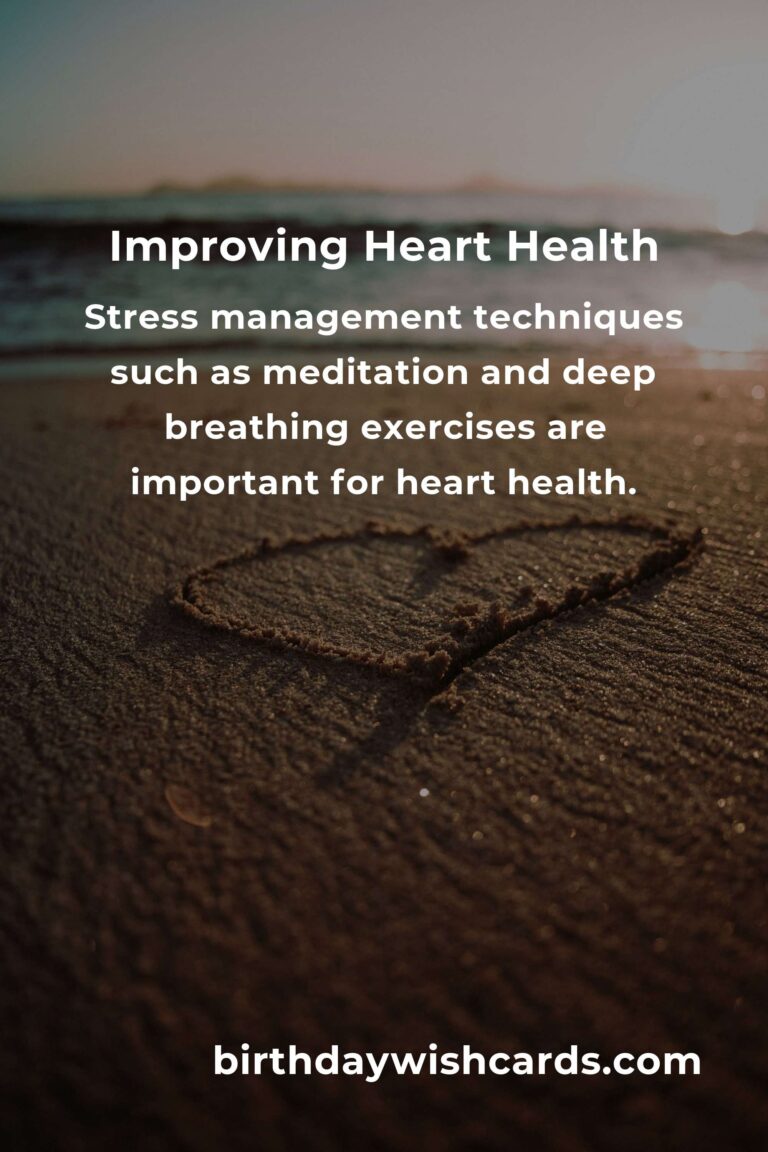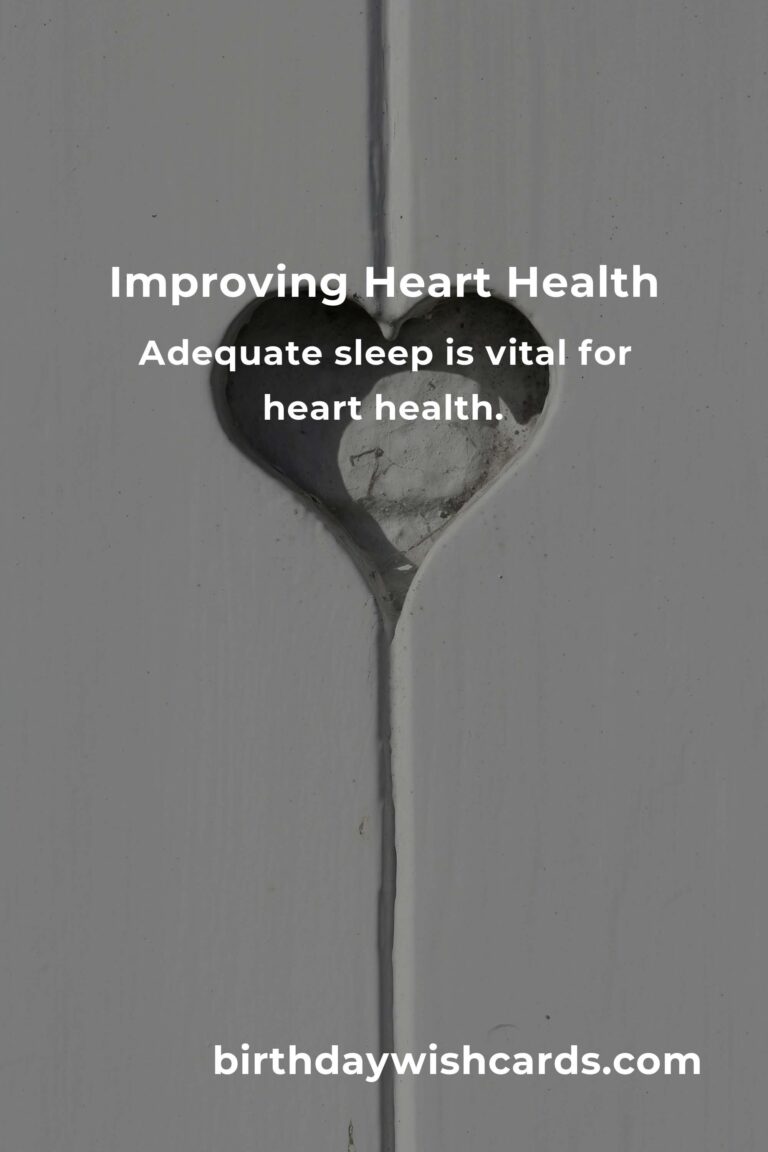
As empty nesters, you may find yourself with more time to focus on personal health and well-being. One of the most important aspects of this is maintaining good heart health. Heart health becomes increasingly crucial as we age, and adopting a healthy lifestyle can help reduce the risk of heart disease. In this article, we will explore various ways empty nesters can improve their heart health.
Understanding Heart Health
The heart is a vital organ responsible for pumping blood throughout the body. Maintaining heart health is essential for overall well-being and longevity. Heart disease is a leading cause of death globally, but it can often be prevented with lifestyle changes and medical interventions.
Dietary Changes for Heart Health
One of the most effective ways to improve heart health is through dietary changes. Incorporating a heart-healthy diet can reduce cholesterol levels, lower blood pressure, and decrease the risk of heart disease. Focus on including the following in your diet:
- Fruits and Vegetables: Rich in vitamins, minerals, and fiber, these foods are essential for heart health.
- Whole Grains: Foods such as oats, brown rice, and whole-grain bread are excellent for maintaining healthy cholesterol levels.
- Lean Proteins: Opt for fish, chicken, and plant-based proteins like beans and lentils to reduce saturated fat intake.
- Healthy Fats: Include sources of unsaturated fats, such as avocados, nuts, and olive oil, in your diet.
Exercise and Physical Activity
Regular physical activity is crucial for maintaining heart health. Exercise helps improve circulation, reduce blood pressure, and maintain a healthy weight. Aim for at least 150 minutes of moderate-intensity exercise each week, such as brisk walking, swimming, or cycling. Consider incorporating strength training exercises to maintain muscle mass and bone density.
Stress Management and Mental Health
Stress can have a significant impact on heart health, leading to increased blood pressure and risk of heart disease. Empty nesters should prioritize stress management techniques such as meditation, deep breathing exercises, and yoga. Maintaining social connections and engaging in hobbies can also promote mental well-being.
Regular Health Check-ups
Regular health check-ups are essential for early detection and management of potential heart health issues. Keep track of your blood pressure, cholesterol levels, and blood sugar levels. Consult with healthcare professionals to develop a personalized plan to manage any risk factors.
Adequate Sleep and Rest
Adequate sleep is vital for heart health. Aim for 7-9 hours of quality sleep each night. Poor sleep can lead to increased stress and higher blood pressure, negatively affecting heart health.
Conclusion
Improving heart health is a lifelong journey that requires dedication and lifestyle changes. As empty nesters, you have the opportunity to focus on building healthy habits that can lead to a longer, healthier life. By incorporating a balanced diet, regular exercise, stress management, and regular health check-ups, you can significantly improve your heart health and overall well-being.
As empty nesters, maintaining good heart health is crucial.
Heart disease is a leading cause of death globally, but it can often be prevented with lifestyle changes.
Incorporating a heart-healthy diet can reduce cholesterol levels and lower blood pressure.
Regular physical activity is crucial for maintaining heart health.
Stress management techniques such as meditation and deep breathing exercises are important for heart health.
Regular health check-ups are essential for early detection and management of potential heart health issues.
Adequate sleep is vital for heart health.
#HeartHealth #EmptyNesters #HealthyLifestyle #Wellness #HeartDiseasePrevention













